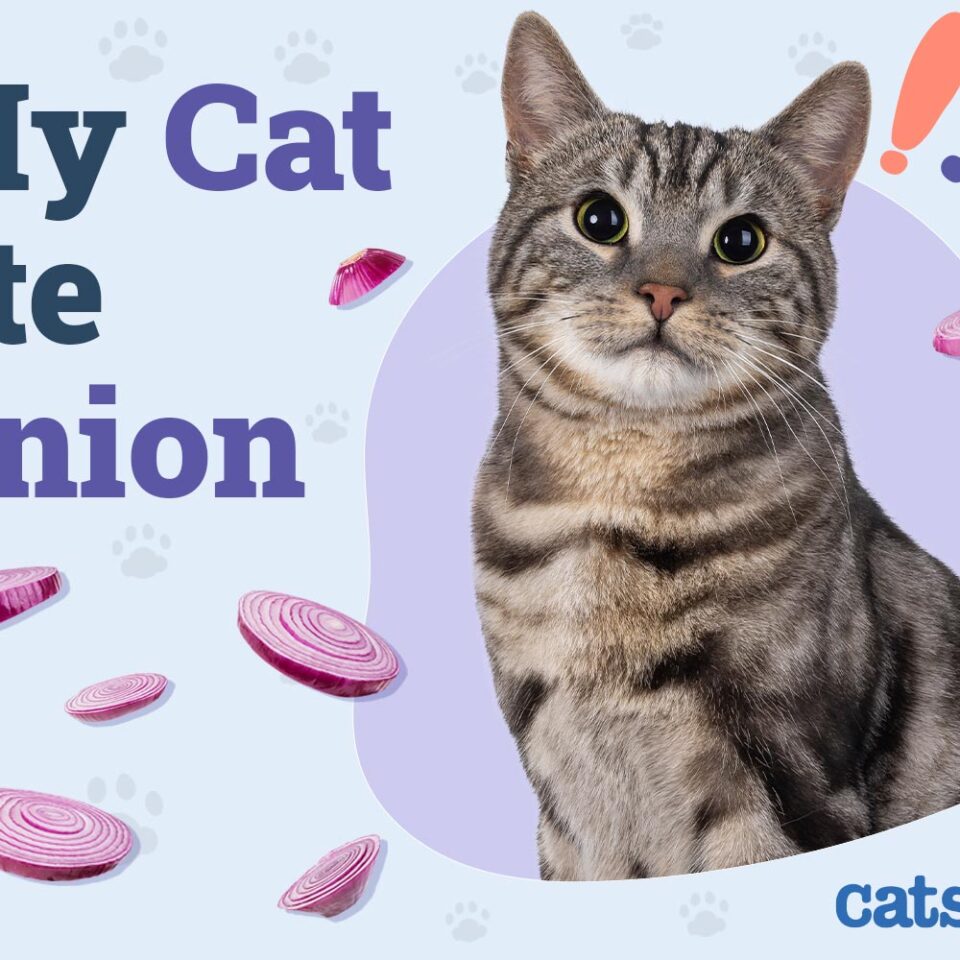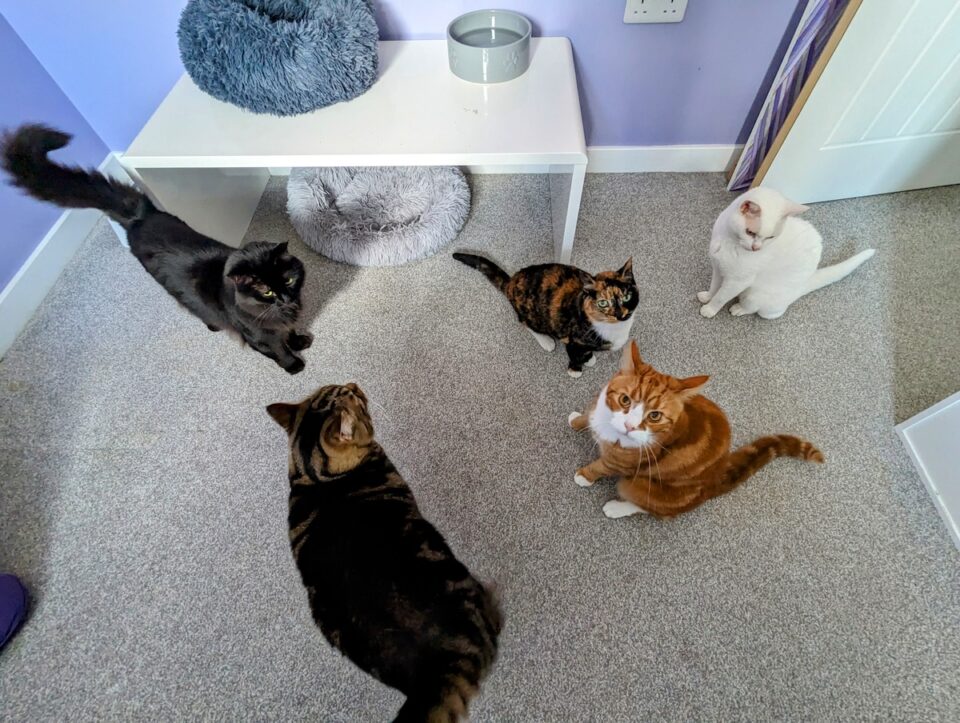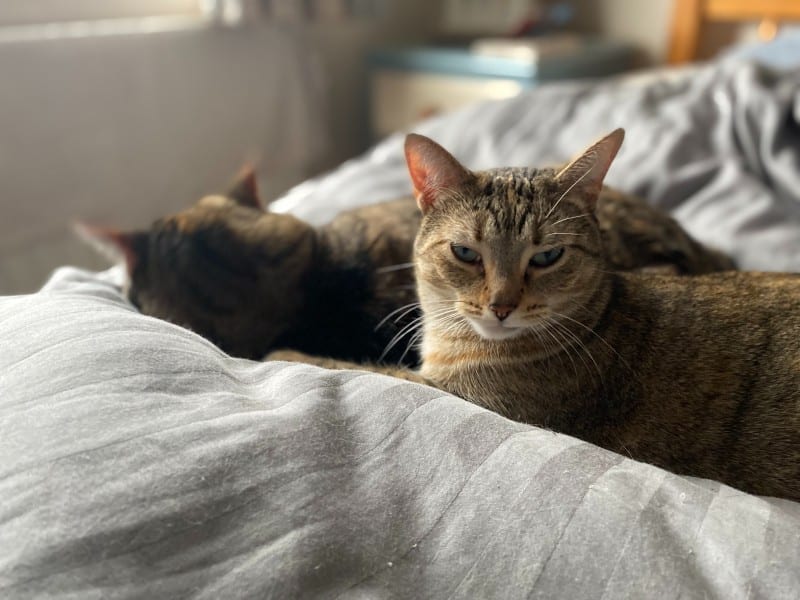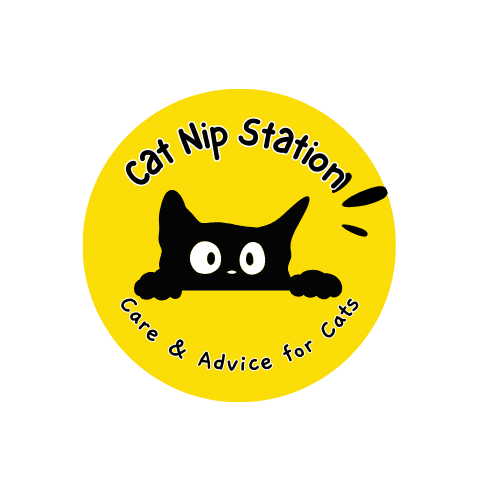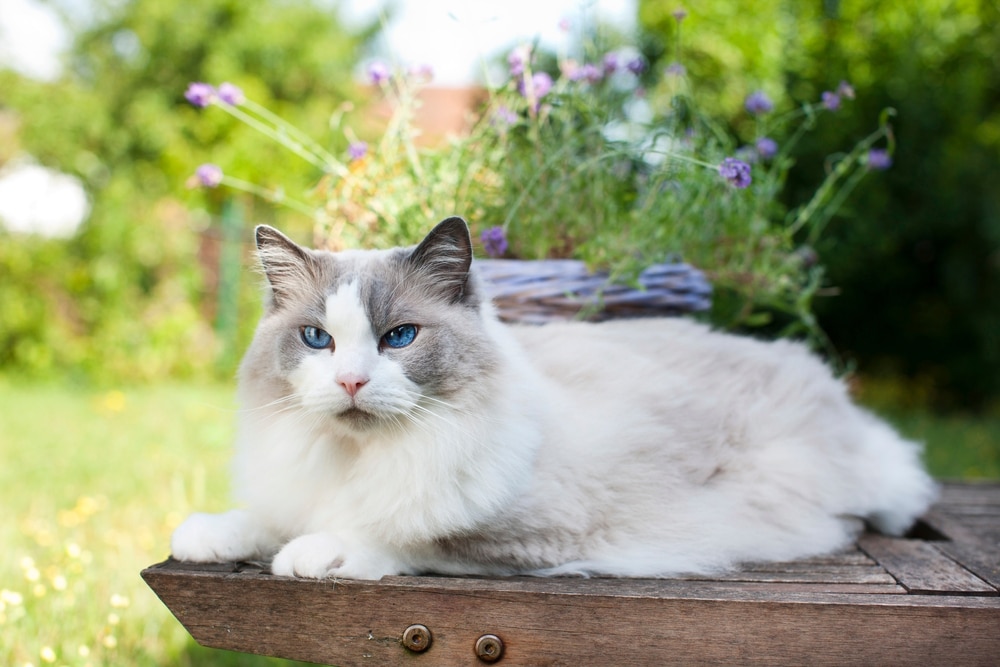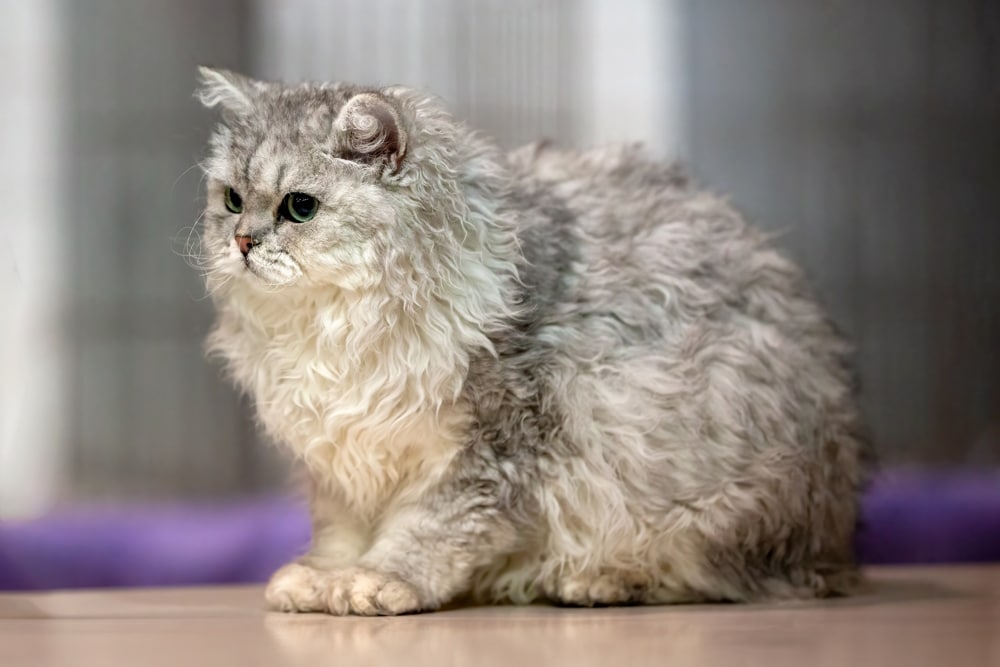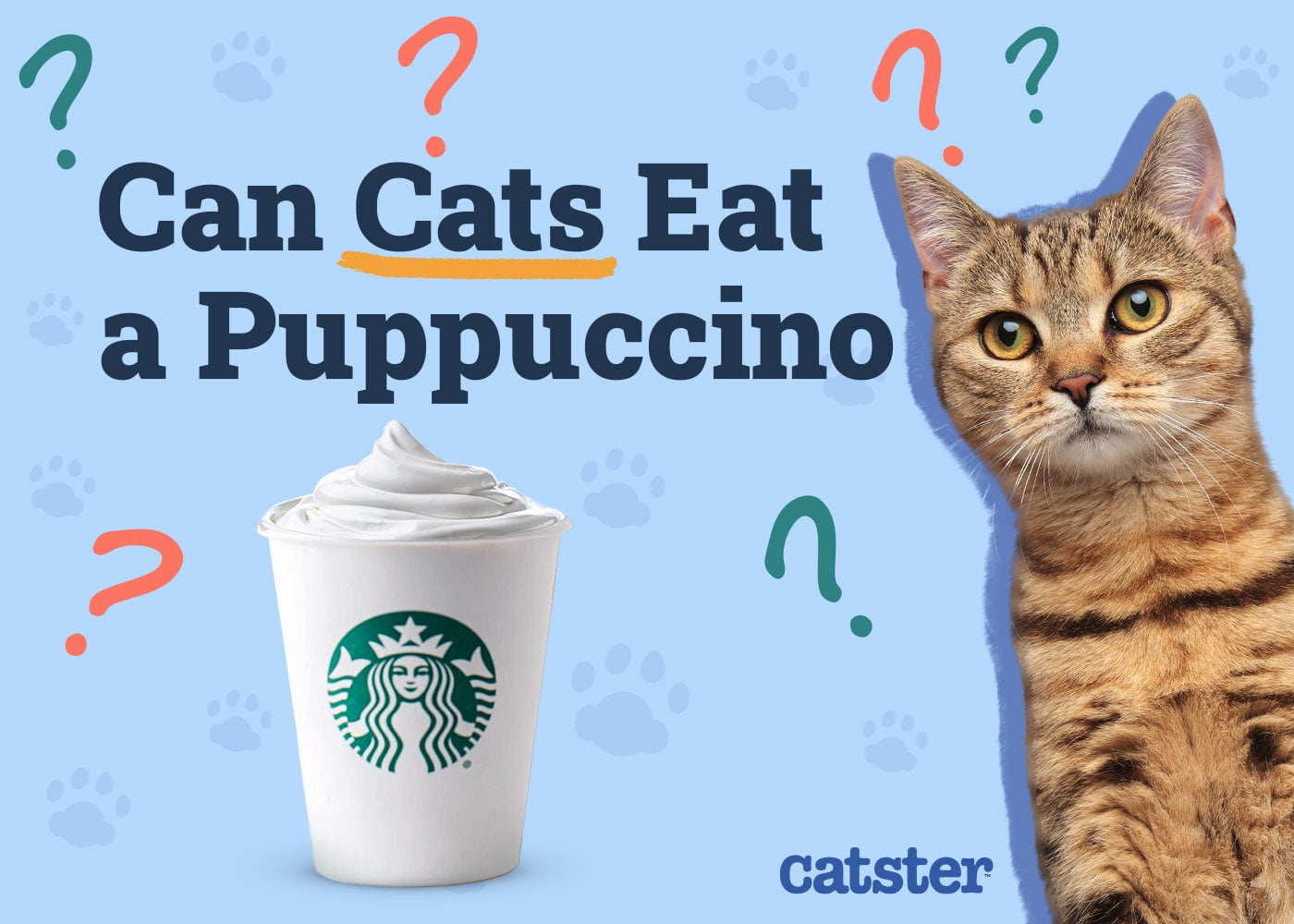Worried your cat nibbled on onion? Act fast! Here’s what to do.
- Cats rarely choose raw onions, but cooked ones can be enticing.
- Onions are toxic to cats, causing anemia and digestive issues.
- Even a little onion powder can be more harmful than expected.
- If in doubt, contact a vet promptly for the best outcome.
So, your feline friend couldn’t resist tasting some onion-flavored food? While it’s unusual for cats to gobble down raw onions, cooked variations seasoned with butter or onion powder might tempt them. Onions, in any form, pose a risk to cats, potentially leading to harmful consequences. It’s crucial to be vigilant about ingredients like onion, which might sneak into many dishes, including baby food. When in doubt, a quick chat with a vet could save your pet from distress.
What happens if your cat eats onion? Well, onions belong to the allium family—which also includes garlic, leeks, and chives—all harmful to cats. Any form, including raw, cooked, granulated, or powdered, is toxic. Cats are curious and might munch on onion leftovers unknowingly, so a close watch during cooking or mealtime is wise. Even homegrown onions can be hazardous since cats might get onion seeds or parts stuck on their fur just by wandering around.
A sliver of onion might not seem significant, but it can spell trouble. Just 5 grams per kilogram of your cat’s weight can cause serious issues. Onion poisoning doesn’t always show up immediately. Symptoms like vomiting, diarrhea, or low energy might crop up over time, alongside anemia—a serious drop in red blood cells. This condition affects the oxygen supply in your cat’s body, posing a severe health threat if left untreated.
Signs to watch for include dullness, fast breathing, pale gums, or unusual cravings. Should these arise, or you suspect onion consumption, it’s time to reach out to a vet. Treatments vary based on the severity, from inducing vomiting with an injection if caught early, to more serious interventions like blood transfusions for severe anemia. Vets often employ supportive measures like IV fluids and anti-nausea meds to help the recovery process.
Think your cat had just a nibble? Even so, contacting a vet is wise. Symptoms can worsen over time, often without obvious signs immediately. Until the vet is consulted, don’t force vomiting or provide food or water. Keeping calm and transporting your cat safely to a vet helps in managing the situation effectively. Remember, prevention always trumps treatment—keeping onions out of free reach is your cat’s best safety net.
An onion encounter can be severe for cats; always check recipes and consult a vet if exposure is suspected.
